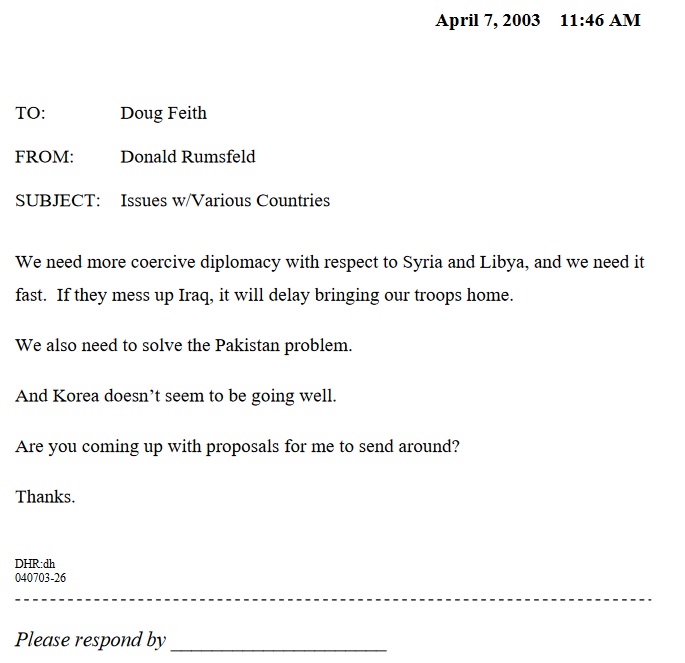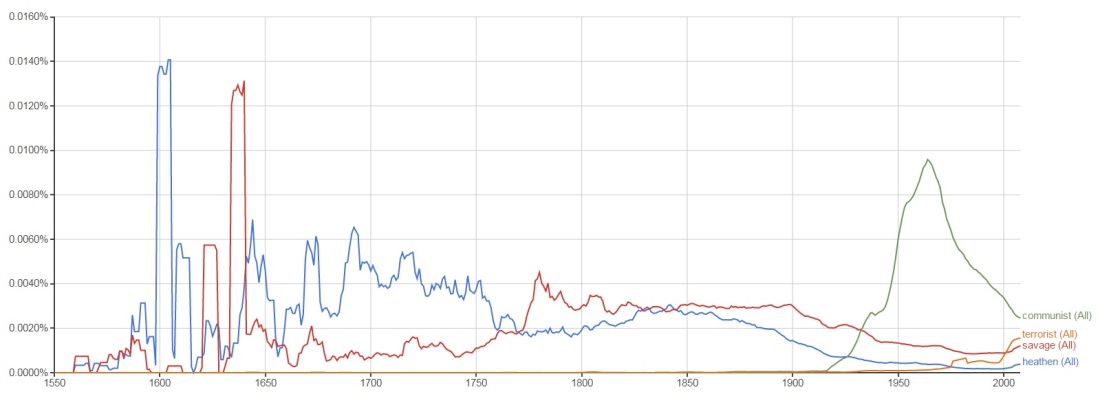With apologies to BDM, I’m not crazy about putting predictions at the heart of International Relations, but I still feel like I should admit when I get a forecast about global politics very wrong. I thought that former Tanzanian President Jakaya Kikwete would be a shoo-in for the Mo Ibrahim Prize, but the prize committee decided not to award a prize this year. Given that Kikwete, who stepped down from the Presidency after two terms in 2015, arguably meets all the conditions for the prize, it’s a bit of a slap in the face for him.
If you’re not familiar with the Ibrahim Prize, it’s the single largest monetary prize in the world: the recipient gets $5 million upfront, and then an additional $200,000 every year for the rest of his/her life. Just the upfront portion is about 4 times what you get for winning a Nobel Peace Prize, and 8 times the amount of a MacArthur Genius Grant. The prize is bankrolled by the Mo Ibrahim Foundation, established in 2006 by the Sudanese-British telecoms billionaire.
Why have such a colossal prize? To encourage good governance in Africa at the highest levels. The criteria for eligibility are being:
- a former African president/prime minister,
- who has left office in the last three years,
- who was democratically elected,
- who served his/her constitutionally mandated term,
- and who demonstrated exceptional leadership while in office.
The unspoken subtext for the prize is that it serves as a giant bribe to encourage African heads of state to leave office when they are supposed to. Rather than hunker down and change the constitution to try and remain in office forever (in order to enjoy the spoils of a neopatrimonial system), if you leave on time you can get a very comfortable standard of living without the headache of having to worry when you’ll be deposed or assassinated. (The typical dictator lasts around 8-10 years in office.) Given the long-term costs associated with the conflict trap, it’s arguably much cheaper for everyone to just pay African leaders to leave when their terms are up.
Unfortunately, the Ibrahim prize doesn’t seem to be living up to its sotto voce purpose. Over just the last two years leaders in Burundi, Rwanda, Congo-Brazzaville have altered constitutional rules preventing them from running again, and there are signs that the same could happen soon in both the DRC and Sierra Leone. Perhaps part of the reason for the Prize’s limited impact is that it is so rarely awarded. In its nine years of existence, the prize has only been handed out four times (as well as an honorary award to Nelson Mandela).
The Prize Committee seems to be insisting on the 5th criteria, and wants to reward truly exceptional African leaders instead of those who meet the bare minimum criteria. But it surprised me that they didn’t award the prize to Kikwete, who oversaw a 7% annual growth rate while in office, kept inflation and unemployment under control, and left office with a 64% approval rating. Kikwete was also popular in both Western and Eastern capitals, successfully dealt with the 2008 coup in Comoros, and lent his mediation to various East African conflicts (including the 2008 electoral violence in Kenya, the 2015 crisis in Burundi, and various rebellions in the DRC). Probably the biggest mark against Kikwete is that he handed over power to a fellow leader from the CCM political party, thereby extending CCM’s rule in Tanzania to 39 years (the longest in Africa), but the CCM wears its glove over Tanzanian politics fairly lightly by regional standards, and the 2015 election to replace Kikwete was mostly free and fair. Indeed, awarding Kikwete the Ibrahim Prize would have been validation not just for him, but for Tanzania as a whole, which despite its persistent poverty remains one of the most peaceful and stable countries in Sub-Saharan Africa.
Making the decision to pass on Kikwete even more surprising is the fact that the Prize Committee Chair was Dr. Salim Ahmed Salim, a fellow Tanzanian and CCM-er. Salim defended the committee’s decision as simply the result of the “extremely high bar” recipients must meet, but it’s unfortunate that he also happens to have run against Kikwete in the CCM’s presidential nomination process back in 2005, which engendered some bad blood at the time.
Kikwete gets another shot at the prize next year, but would anything cause the committee to change their minds in the interim? Hmmmmmm, I’m not sure where all of this leaves my follow-up prediction that Kikwete could make a serious run for U.N. Secretary-General down the line.


